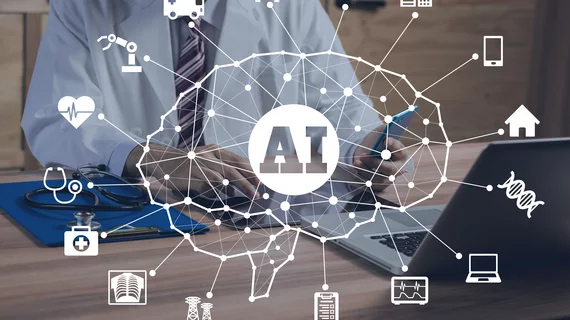UCLA deploys Microsoft AI to synthesize data
UCLA Health is synthesizing vast amounts of data by deploying new Microsoft cloud computing services, Microsoft Azure, that will speed up medical discoveries and improve patient care. The AI-embedded tools can process data for insights that can be used by physicians and researchers. UCLA Health is a comprehensive academic health system, and the addition of the Microsoft machine learning will help advance the institution’s deliver of precision health, which uses patient data and individual circumstances to tailor effective treatment.
UCLA Health and the David Geffen School of Medicine will use Azure’s platform, which will be secured and managed by the health system, with advanced computing tools that can rapidly interpret and mobilize insights from data. The tools will also boost collaboration among researchers.
"Our data capabilities with Microsoft Azure will bring more medical discoveries and effective therapies to patients faster," Michael Pfeffer, MD, assistant vice chancellor and chief information officer for UCLA Health Sciences, said in a statement. "The integration of information from structured data, like lab results and medication information, with unstructured data, like documentation, genomics and medical images, creates an incredibly powerful big-data learning platform for discovery."
UCLA Health’s march into precision medicine began into 2017, when it, along with the David Geffen School of Medicine launched the UCLA Institute for Precision Health. The institute was led by Daniel Geschwind, MD, PhD, and aimed to bring together multidisciplinary staff to make large-scale genetic and genomic research actionable for patient care.
The school also developed the UCLA Samueli School of Engineering to create a department of computational medicine that discovers new approaches to analyzing health data.
"Cloud computing will allow researchers from different fields and institutions to collaborate, joining data sets and software from different formats that could not previously be integrated in a simple way,” Paul Boutros, PhD, director of Cancer Data Science at UCLA Jonsson Comprehensive Cancer Center,” said in a statement. "We're bringing together new communities of experts — including computer scientists, engineers, material scientists and others—to solve the biggest health care questions.

